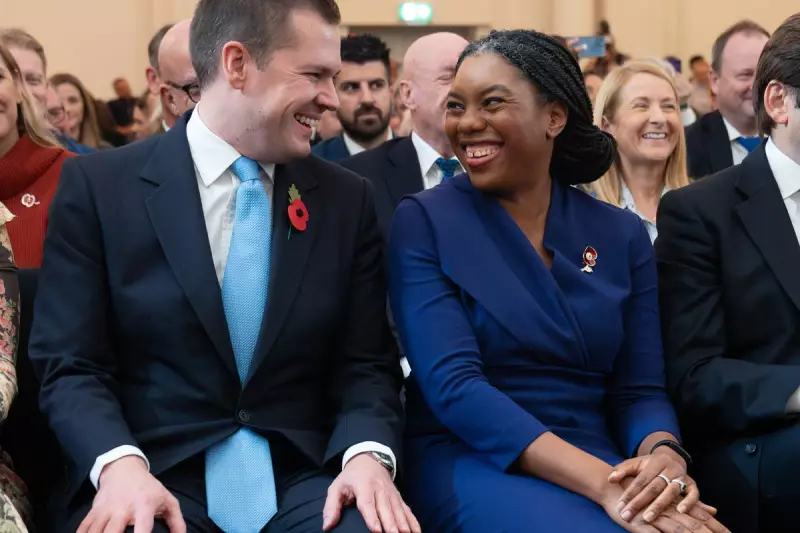
The Conservative Party's annual conference in Manchester has exploded into open warfare as senior Tories clash over the party's future direction, exposing deep divisions that threaten to derail their election preparations.
Leadership Rivals Collide
In a dramatic display of internal conflict, Business Secretary Kemi Badenoch and former immigration minister Robert Jenrick delivered starkly contrasting visions for the party's future. Badenoch struck a conciliatory tone, urging unity and warning against "fighting the wrong battles," while Jenrick launched a blistering attack on what he called the "failed consensus" on immigration.
Jenrick's Bombshell Intervention
In his most provocative speech to date, Jenrick declared the Conservatives must become "the party of controlled immigration or we will cease to be the Conservative Party." He directly challenged his colleagues, stating: "If you can't control immigration, you can't control the country." The remarks were widely interpreted as a direct challenge to both the current leadership and potential leadership rivals.
Badenoch's Unity Plea
Striking a markedly different tone, Badenoch emphasised the need for party cohesion. "We cannot afford to be fighting the wrong battles with the wrong people," she told delegates. Her speech focused on economic growth and positioning the Tories as the party of business, conspicuously avoiding the inflammatory immigration rhetoric favoured by her colleague.
Labour's Own Troubles
While the Tories battled internal demons, Labour leader Keir Starmer faced significant protests during his speech in Liverpool. Pro-Palestinian demonstrators made their voices heard, highlighting the ongoing tensions within his own party over the Middle East conflict. The simultaneous unrest at both major party conferences paints a picture of a fractured political landscape.
Electoral Implications
Political analysts suggest the very public Tory infighting could prove disastrous for their electoral prospects. With Reform UK waiting in the wings to capitalise on any perceived weakness on immigration, the Conservatives risk haemorrhaging votes from both flanks. The conference, intended to project strength and unity, has instead revealed a party at war with itself.
As delegates leave Manchester, the question remains whether the Conservatives can bridge these deep divisions before facing voters, or whether this public airing of grievances has permanently damaged their chances of recovery.





